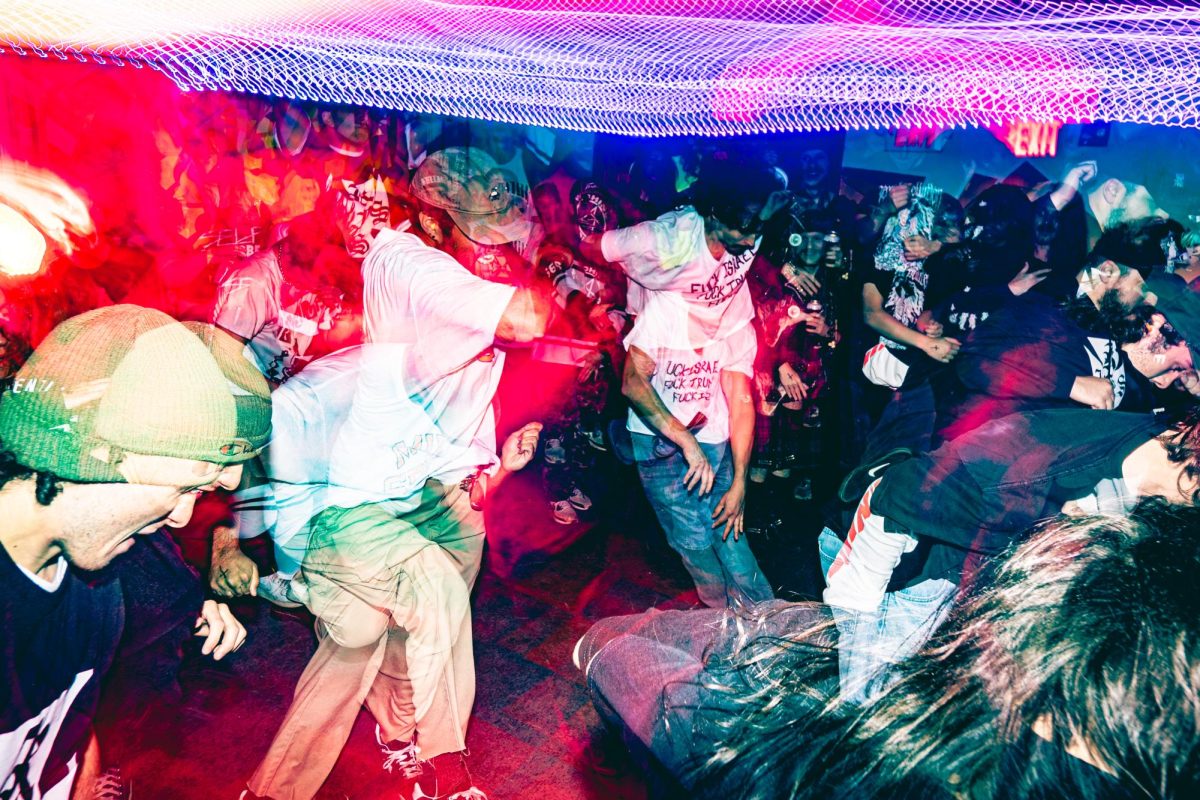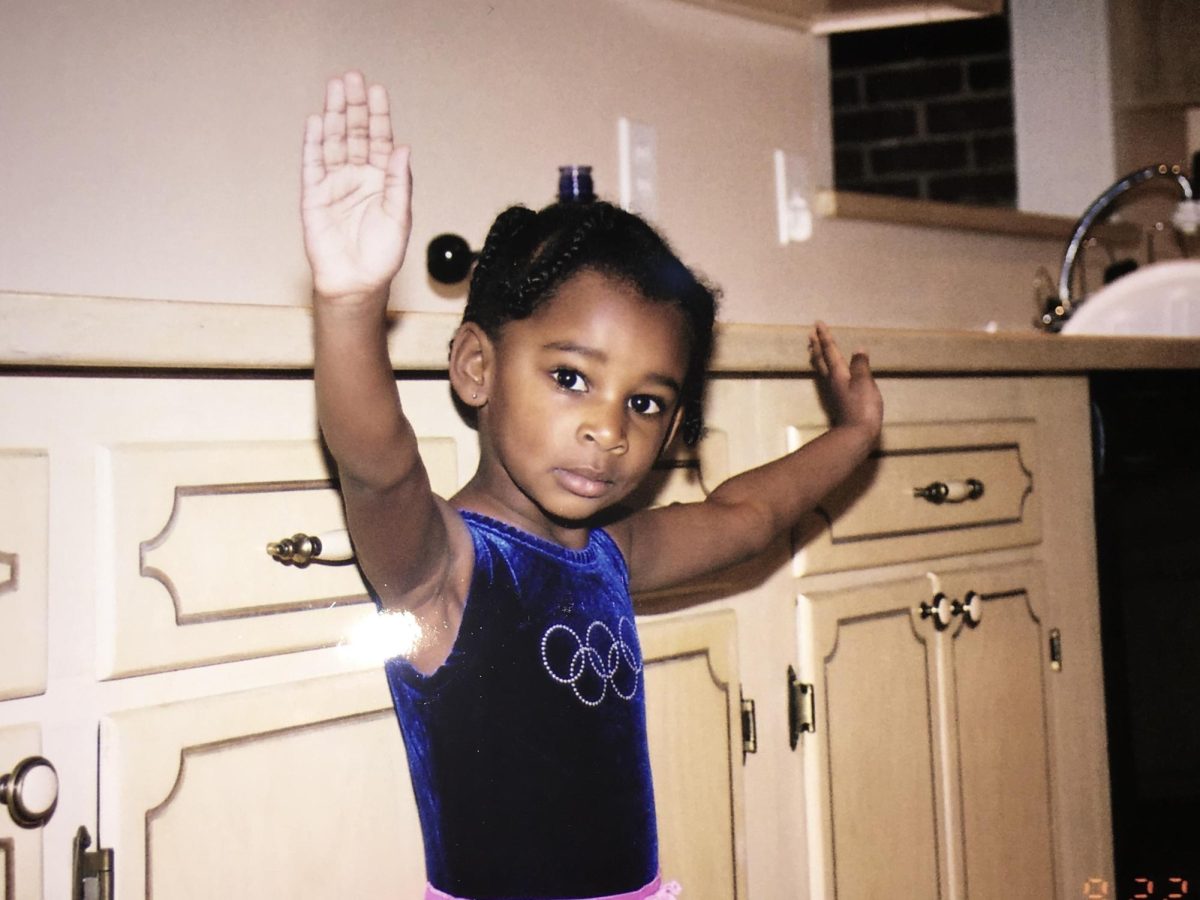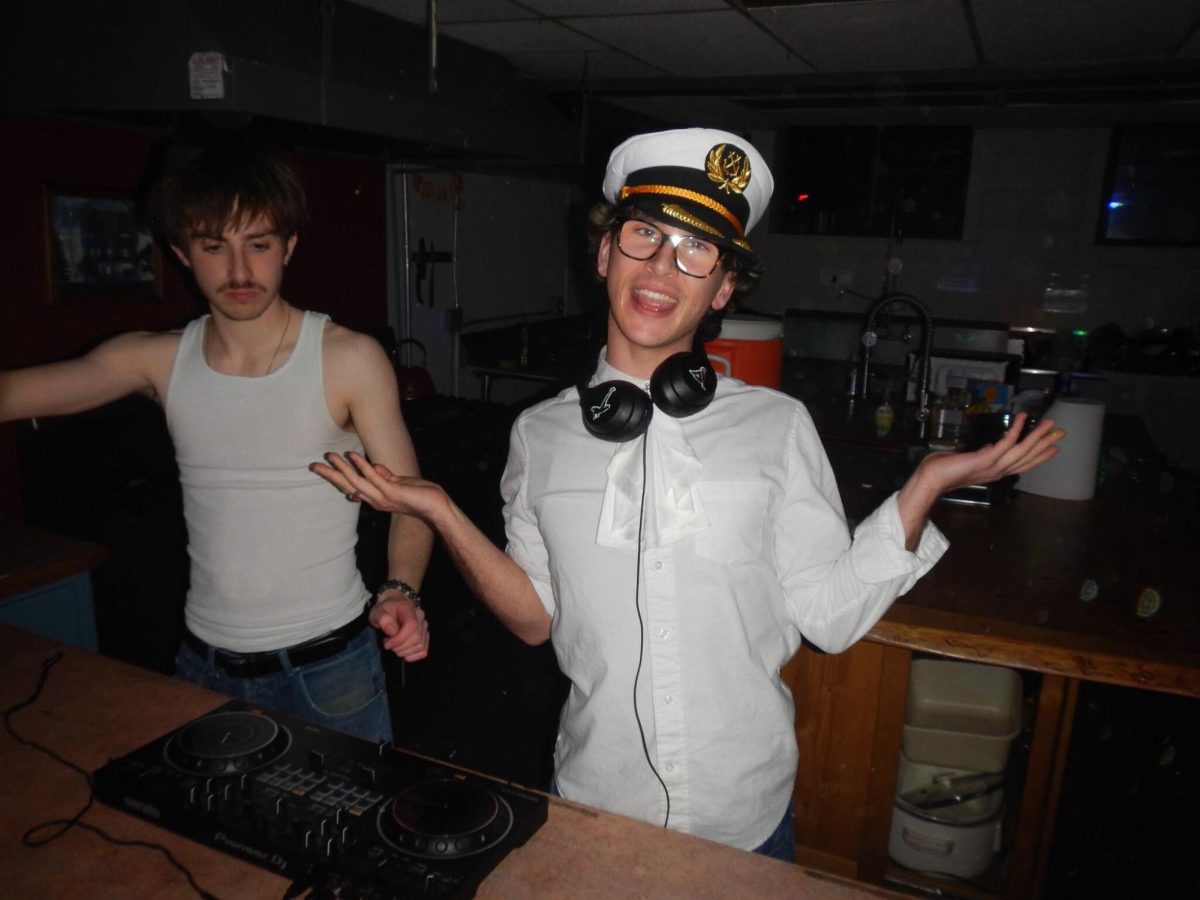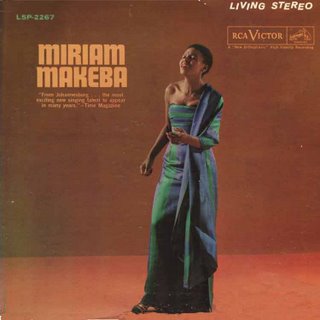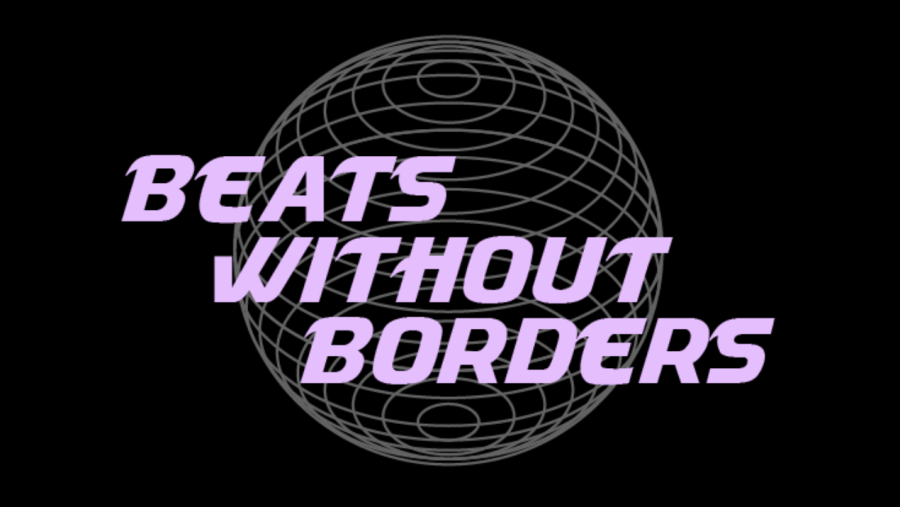Tonight, sixteen artists will take the stage in Basel, competing in the 69th edition of Eurovision. While the competition—and all of the campness associated with it—will go on as scheduled, an incredibly dark cloud will loom over Europe. For the second year in a row, Israel will compete despite their genocide of Gaza.
Despite calls for Israel to be removed from the competition by a number of participants, the organizers of Eurovision, the European Broadcasting Union (EBU), has claimed that the competition is one of apoliticality, abiding to the slogan of their competition “United by Music.” The rules even explicitly barres politicizing the event. It makes sense on paper, why should a singing competition meddle in geopolitical affairs? However, Eurovision has been political since its inception.
Eurovision was first hosted in 1956, as a way to help bring Western Europe together in the aftermath of both World Wars, and during the Cold War. The competition would expand in the decades that followed, beginning with Western Europe. Prior to the fall of the Iron Curtain, only one communist nation was allowed to participate: Yugoslavia. They were first invited to compete in 1961, and would compete 26 times before the nation split apart, competing for the last time in 1992. Though there was an aversion to allowing communist nations to compete, two fascist nations competed. These were Spain and Portugal, with the former winning in both 1968 and 1969, while the latter had a Eurovision entry used to help overthrow the fascist government in 1974.
The EBU also took a political stance in 1973, when the nation allowed Israel to compete. Eurovision is open to all members of the EBU, which also includes nations like Tunisia, Lebanon and Morocco. Relations between Israel and the aforementioned nations have been incredibly strained, and even though relations are becoming more normalized, that was not the case during those periods. Tunisia was supposed to compete in 1977, even being drawn to perform fourth, but withdrew due to Israel competing. Similarly, Lebanon was slated to compete in 2005, but withdrew because of Israel competing. So far, the only Arabic-speaking nation to compete at Eurovision was Morocco in 1980, but they only competed because Israel withdrew.
Political controversies haven’t escaped Eurovision in the last 10 years. In 2019, the self-described Icelandic anti-capitalist industrial-techno band Hatari represented their homeland in Tel Aviv. There, the band held scarves with the Palestinian flag, resulting in a fine of €5,000. In 2021, Belarus had submitted a song called “Ya Nauchu Tebya” by Galasy ZMesta, which was slated to perform in Rotterdam. Fans of the competition quickly peeled back the cheap veneer painted on the song to reveal that the song, whose title translates to I’ll teach you, was a thinly-veiled threat to protestors against long-time “president” Aleksandr Lukashenko. Belarus was given a second chance to send in another song, but it was of a similar topic, and Belarus was subsequently banned from competing.
Russia had been competing in the competition since 1994, and despite protests from Ukraine following the invasion of Crimea in 2014, life still went on. Things changed in 2022, with Russia invading Eastern Ukraine. But not to the EBU, who announced that Russia would be allowed to compete despite their invasion of Ukraine. After a massive outcry where Finland and Estonia said they would not compete with Russia, as well as Poland and Sweden amongst others calling for the suspension of Russia. The outcry was swift and loud, with the EBU recanting their statement the next day.
The EBU’s “apolitical” nature was tested last year in Malmö, where controversies were nearly as prevalent as rain in Seattle. To try and mitigate the potential of pro-Palestinian protests, only flags of competing nations were allowed to be brought in. This was confirmed by the winning artist, Nemo. Nemo, who represented Switzerland, announced that they had to smuggle a nonbinary flag into the venue. However, the EBU seemed to sweep it under the rug, with their congratulatory post on Instagram being captioned with “Non-binary finery.” This flag rule also forced artists to get creative in their protests, ranging from nail art to a painted crescent and more. These creative workarounds still were punished, with Portuguese representative iolanda’s semi-final performance was uploaded in place of their final performance, though the final performance was uploaded eventually. Eric Saade, who was a guest performer, wore a keffiyeh on his wrist. The EBU then released a statement that they “regretted” Saade wearing the scarf. Irish representative Bambie Thug wore pro-Palestinian statements in ogham during their semi-final rehearsals. They were forced to change the ogham to crown the witch after the EBU demanded change. Ogham was used during the 4th to 10th centuries. Why would you need to change a message in a script that has been extinct for over a millenia?
Then there’s the song that Israel competed with. Initially written as “October Rain,” the song is an allegory for the events of Oct. 7, 2023. In line with Galasy ZMesta, the song was rejected for the very same reasons. However, a slightly watered down version was allowed, christened as “Hurricane.” The song eventually finished fifth in the final, even getting the second-most points in the public vote. This was partially due to a campaign from Israel’s Ministry of Foreign Affairs, which is yet another violation of the Eurovision rules. All of these issues led the contest supervisor, Martin Österdahl, to get booed immensely. Eden Golan, the artist of “Hurricane,” was also booed, but the crowd’s boos were muted in broadcasts of the competition.
This year, Israel has been allowed to compete, despite only ramping up their genocide of Gaza in the past year. To add insult to injury, the artist, Yuval Raphael, was a victim of the events of Oct. 7. The song is also called “New Day Will Rise,” which is not the best look given that Benjamin Netanyahu recently announced that he would “conquer” Gaza. Numerous fans and artists have been vocal about Israel’s artwashing, with an open letter being signed by 72 former competitors. The artwashing has gone on for so long that the paint has begun to peel, and we can see these songs are trying to gaslight us into believing that they are victims of their own aggression.
Israel isn’t the only artwashing nation competing this year. Azerbaijan competed on Tuesday, and failed to qualify for the final. Azerbaijan invaded the region of Nagorno-Karabakh a month before Israel began their genocide of Gaza. The Caucasian nation is no stranger to controversies at Eurovision, with a fan, Rovshan Nasirli, being interrogated for voting for Armenia in 2009. There were also accusations of human rights abuses in the run-up for Baku’s hosting in 2012, with Swedish singer Loreen meeting local activists. Azerbaijan and Israel are the current participants who are weaponizing this competition to be a PR stunt, whether it’s artwashing or pinkwashing.
It pains me to even write this. I’ve been a fan of Eurovision since 2017, and I’ve watched every single show since. But on Tuesday, I didn’t watch the first semi final. I’ve seen the magic that once drew me in year in and year out rapidly drain over the last year. Maco Jeleniewski mentioned how apathy to the genocide is enabling the continued suffering in Gaza in an article published on Dec. 8, 2023. It has been seventeen months since then, and his words ring out just as strongly as they did back then. Even though it might feel hopeless, I can have some hope for the future as the Irish broadcaster RTÉ was promised wider discussions on Israel’s participation.




